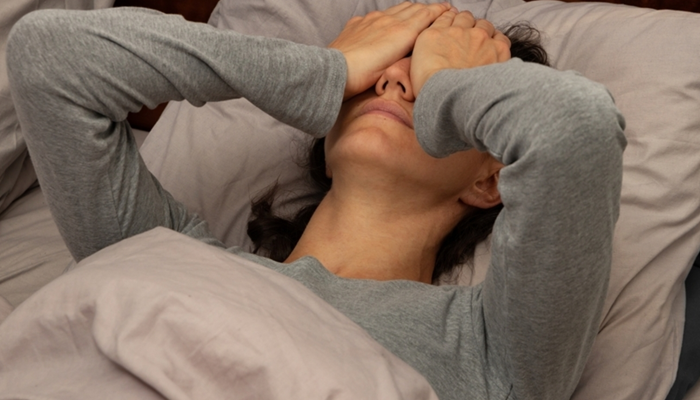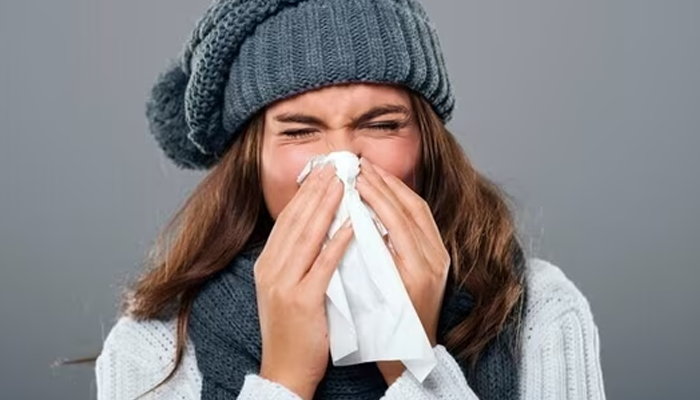Samantha's Advice vs Doctor's Opinion: Is Hydrogen Peroxide Nebulization Really Healthy?
- Admin
- 1 year ago
- 3 minutes read

Is alternate approach to improve respiratory system healthy? Or it comes with risks?
Every now and then, you might come across alternate approach/therapy to treat any health conditions. Even famous celebrities come up with suggestions. The unprecedented controversy between Indian actress Samantha Ruth Prabhu and doctors comes under same trend. In this article, we will discuss about the controversy and find out the actual truth.
Samantha vs Doctors Saga:
Couple of days ago, the actress came up with an advice to use hydrogen peroxide nebulisation. She posted on social media: “Before taking medication for a common viral, consider trying an alternative approach. “One option is to nebulize with a mixture of hydrogen peroxide and distilled water. Works like magic. Avoid unnecessary use of pills.”
Her post immediately drew reactions from medical practitioners and experts. Some doctors even criticised the actress for spreading misinformation. On the other hand, she received support from her colleagues including Varun Dhawan, Rhea Chakraborty, Lakshmi Manchu and so on. Let's find out the actual truth about use of hydrogen peroxide nebulization.
What is Hydrogen Peroxide Nebulization?
More or less, we are familiar to nebulization which is an effective approach to improve respiratory health. Through nebulizer, the medicine is directly sent to the lungs via inhalation. It is an essential treatment for asthma patients. When a mist of diluted hydrogen peroxide is inhaled through nebulizer, the process is known as Hydrogen peroxide nebulisation.
Is Hydrogen Peroxide Safe to Inhale?
Hydrogen peroxide, a composition of hydrogen and oxygen, is used as an antiseptic due to its oxidising and disinfecting properties. The compound is an essential ingredient of dye, antiseptics, bleaches, and disinfectants. Consequently, it can harm your lungs and overall respiratory system.
Chemical Pneumonitis: Hydrogen peroxide inhalation is linked to develop a serious medical condition named chemical pneumonitis. In this condition, the patient’s lungs become inflamed due to presence of irritants. It may lead to chest pain, breathlessness, and even coughing up blood.
Other Risks: As it is odourless, we may not be able to feel its presence, increasing the risk. According to US’ Centre for Disease Control and Prevention (CDC): “Hydrogen peroxide vapour is heavier than air and may cause asphyxiation in enclosed, poorly ventilated or low-lying areas.”
Restriction for Covid Patients: During 2020 lockdown situation, hydrogen peroxide nebulization became a viral trend. However, doctors immediately notified about the risks. Patients with viral infection in respiratory system were advised to avoid this and inhale only bronchodilators or corticosteroids. Patients with a medical history of asthma, allergy, or Chronic obstructive pulmonary disease (COPD) become more vulnerable if irritants like hydrogen peroxide is inhaled. Thus, they should avoid this.
An expert wrote on social media in response to Samantha’s advice: “I have been fighting medical/health misinformation for the longest time and it just does not seem to end. I have come to understand that the only way to fight medical misinformation is to consistently speak about it and make examples of people who mislead and misinform.”
From chemical burns to acute lungs injury, there are numerous risks associated with hydrogen peroxide nebulisation. So, do not use this without any doctor's guidance.












